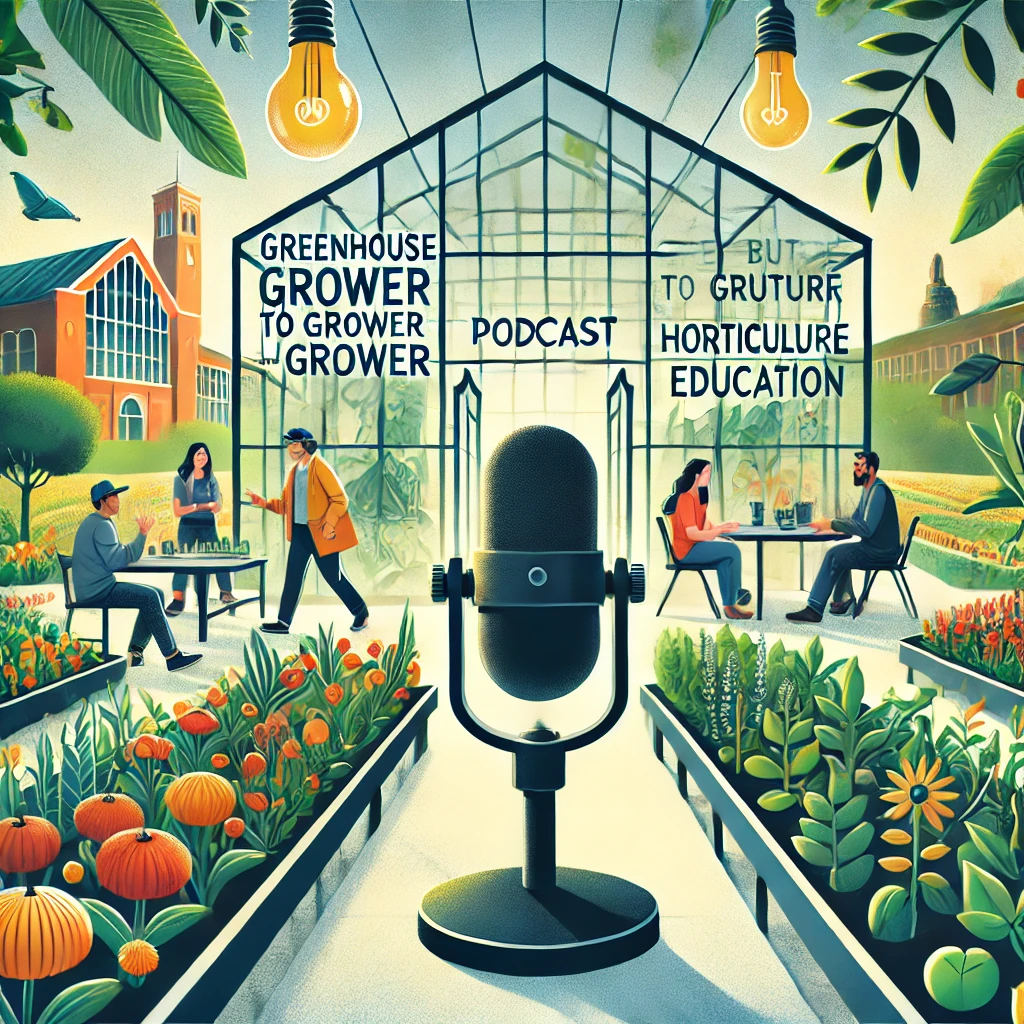The Bright Future of Horticulture Education
Horticulture education is experiencing a renaissance, driven by increasing awareness of environmental sustainability, technological advancements, and a growing interest in plant science. With horticulture education, students gain the skills needed to contribute to the greening of our planet, improve food security, and enhance urban living environments. This article explores the promising future of horticulture education, highlighting its importance, advancements, and career opportunities.
The Importance of Horticulture Education
Horticulture education plays a crucial role in addressing global challenges such as climate change, food security, and urbanization. By focusing on plant cultivation, landscape design, and sustainable practices, horticulture education equips students with the knowledge to make a positive impact on the environment and society.
Environmental Sustainability
Horticulture education emphasizes sustainable practices that help mitigate the effects of climate change. Students learn about soil health, water conservation, and integrated pest management, which are essential for maintaining healthy ecosystems. These practices contribute to reducing the carbon footprint of agricultural activities and promoting biodiversity.
Food Security
With the global population expected to reach 9.7 billion by 2050, ensuring food security is a critical concern. Horticulture education provides students with the skills to improve crop yields, develop resilient plant varieties, and implement efficient farming techniques. These advancements are vital for producing enough food to meet the growing demand.
Urban Living
As urbanization continues to rise, the need for green spaces in cities becomes increasingly important. Horticulture education teaches students how to design and maintain urban gardens, parks, and green roofs, enhancing the quality of life for city dwellers. These green spaces help reduce urban heat islands, improve air quality, and provide recreational areas for communities.
Advancements in Horticulture Education
The field of horticulture education is evolving, incorporating new technologies and methodologies to enhance learning and practical applications.
Technological Integration
Modern horticulture education integrates cutting-edge technologies such as precision agriculture, remote sensing, and hydroponics. These technologies enable students to monitor and manage plant growth more effectively, leading to higher productivity and resource efficiency. For instance, precision agriculture uses GPS and IoT devices to optimize planting, fertilization, and irrigation, ensuring optimal crop growth.
Online Learning Platforms
The rise of online learning platforms has made horticulture education more accessible to a global audience. Institutions offer online courses and virtual labs, allowing students to gain knowledge and skills from anywhere in the world. This flexibility is particularly beneficial for those who cannot attend traditional on-campus programs.
Research and Innovation
Horticulture education institutions are at the forefront of research and innovation. Students have the opportunity to participate in cutting-edge research projects that address real-world challenges. These projects often involve collaborations with industry partners, providing students with hands-on experience and exposure to the latest advancements in the field.
Career Opportunities in Horticulture
A degree in horticulture education opens up a wide range of career opportunities in various sectors, including agriculture, landscape design, and environmental conservation.
Agricultural Production
Graduates can pursue careers in agricultural production, working as farm managers, crop consultants, or greenhouse managers. These roles involve overseeing the cultivation of crops, implementing sustainable farming practices, and ensuring high-quality produce.
Landscape Architecture
Landscape architecture is another exciting career path for horticulture graduates. Landscape architects design outdoor spaces, including parks, gardens, and recreational areas. They work with clients to create aesthetically pleasing and functional environments that promote well-being and environmental sustainability.
Research and Development
Those interested in research and development can work in laboratories, universities, or private companies. These roles involve conducting experiments, developing new plant varieties, and improving agricultural techniques. Research positions offer the opportunity to contribute to scientific advancements and address global challenges.
Environmental Conservation
Horticulture graduates can also work in environmental conservation, focusing on habitat restoration, invasive species management, and biodiversity conservation. These roles are crucial for preserving natural ecosystems and ensuring the health of our planet.
The Future of Horticulture Education
The future of horticulture education is bright, with increasing recognition of its importance and the continuous integration of new technologies. As the world faces pressing environmental and food security challenges, the demand for skilled horticulturists will continue to grow.
Expanding Access
Expanding access to horticulture education through online platforms and community programs will play a significant role in meeting this demand. By making education more accessible, institutions can attract a diverse range of students, including those from underrepresented communities.
Emphasizing Interdisciplinary Learning
The future of horticulture education will also emphasize interdisciplinary learning, integrating knowledge from fields such as biology, environmental science, and engineering. This holistic approach will equip students with the comprehensive skills needed to tackle complex global issues.
Promoting Sustainable Practices
Promoting sustainable practices will remain a core focus of horticulture education. Institutions will continue to prioritize teaching methods that minimize environmental impact and promote ecological balance.
Conclusion
Horticulture education holds the key to addressing some of the most pressing challenges of our time. By equipping students with the knowledge and skills to promote environmental sustainability, improve food security, and enhance urban living, horticulture education paves the way for a greener and more sustainable future. As technological advancements and research continue to drive the field forward, the future of horticulture education looks promising, offering exciting opportunities for students and professionals alike.
For more information on horticulture education and related opportunities, visit Royal Horticultural Society for resources and guidance on pursuing a career in this vital field.
To read more articles like this, visit: Regent Studies




